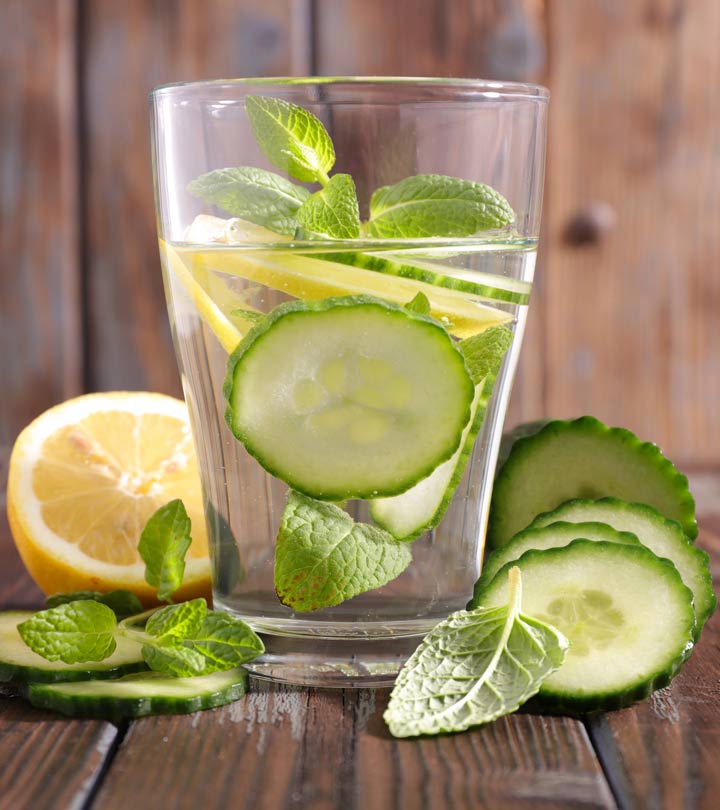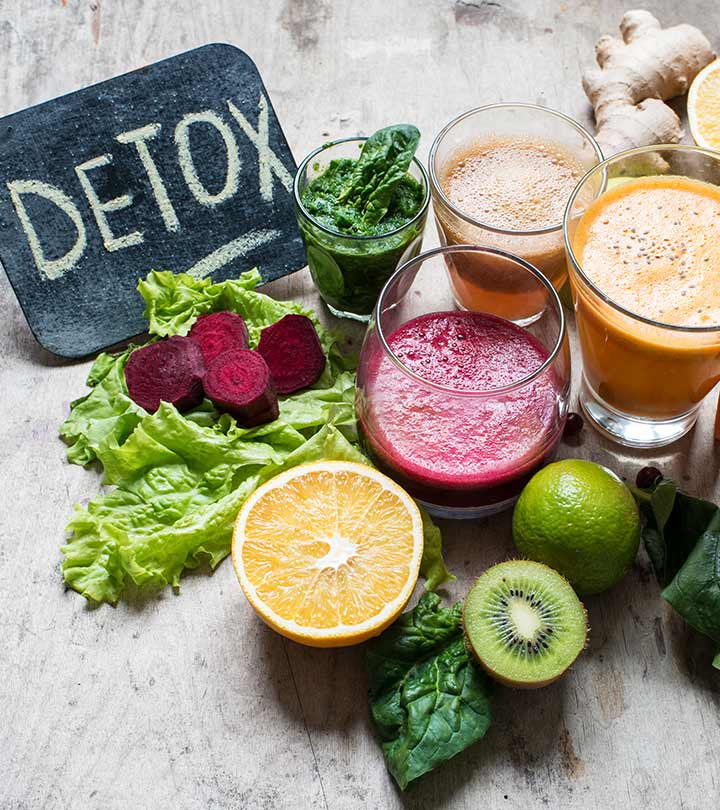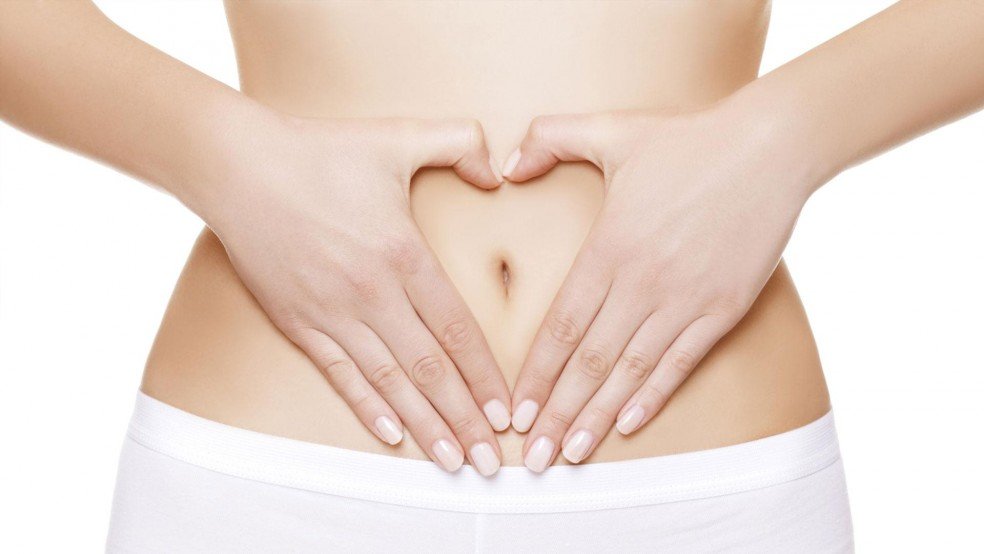We’re gonna be looking at detox diets and telling you the truth about it that it seriously works or not.
Detox diet theory

Over the course of time, toxins build up in our bodies which cause us to become fat or otherwise unhealthy. So every now and then its a good idea to run some kind of detoxification diet help flush these toxins out.
An article was written by Dr. Steven Novella, who was a clinical neurologist at Yale University School of Medicine. Now first he links to a 2016 case report from the British Medical Journal which tells the story of a 47-year-old woman. Who has showed up to the hospital having seizures due to euvolemic hyponatremia secondary to polydipsia that’s basically her detox plan had her drinking a ton of water which according to Dr. Novella can sometimes be as high as 60 liters.
If you drink much more water than you need, you run the risk of developing hyponatremia. If you drink too much water you can overwhelm your kidneys and get hyponatremia which can then result in delirium seizures and brain damage if you try to correct the low sodium. The sort of detox that has you drinking way more water than you feel like you need is actually quite dangerous. Most healthy adults can simply use thirst as a guide for hydration. Drinking more water than you need to satisfy your thirst won’t do anything extra for your health or fat loss.
3 strikes against detox diets
Another article from pharmacist Scott Guevara, there are three solid strikes against detox diets that I’d like to quickly highlight.
- The first says, that no detox advocate really ever says what these toxins actually are? it depends on, who you ask? you may hear some combination of food additives, salt, meat, fluoride, prescription drugs, etc but the culprit is always nonspecific. So detox diets never name the actual toxins that they remove because they’ve never been shown to remove any toxins.
- The second strike says, here kind of says two things. So first the idea that chemicals aren’t bad by default because everything is made up of chemicals. Air is chemicals, food is chemicals, Drugs are chemicals, and so forth. Then secondly the idea that when it comes to things that are actually harming our bodies have already evolved a very complex and effective system of Defenses for their removal. Norm so the skin, kidneys, lymphatic system, GI system, and the liver already make up an astoundingly complex and sophisticated detoxification system. The idea that the liver and kidneys act like filters where toxins are sort of held until they’re cleaned out just isn’t accurate physiologically. Now the liver converts toxic substances into other substances which are then eliminated and bile or urine. So these systems are self-cleaning and don’t seem to need any help from detox diets.
- The third and final strike against the detox diet comes from a pretty cool paper. It was published in the Journal of Human Nutrition and Dietetics. Bunch of popular commercial detox diets including Dr. Oz’s weekend cleanse and the lemon detox diet and pulling all of it together. They basically concluded that at present there’s no compelling evidence to support the use of detox diets for weight management or toxin elimination and that given the costs and health risks they should be discouraged by health professionals. Now all that isn’t to say there aren’t certain chemicals to be worried about things like persistent organic pollutants or POP’s are industrial chemicals that can accumulate in human adipose tissue because they’re highly lipophilic or fat-loving and then can take years to break down. These things also tend to be very highly regulated, the European Union, USA, and Australia have been steadily banning pops4 70s. Also, certain heavy metals like arsenic and Mercury can be toxic to humans at low doses but these are also generally heavily regulated in developed countries.
How to make a science-based detox diet?
If anything should qualify as a candidate for actually benefiting from a dietary detox. It would be either pops4 persistent organic pollutants which have been used in pesticides and electrical equipment in the past but have been banned since the 70s or heavy metals like lead and Mercury because unlike nearly everything else. These compounds are actually not easily filtered out by the liver and kidneys and as I said can accumulate in fat tissue over time.
The instead said that although there is currently no evidence to support the use of commercial detox diets for removing toxic substances. There may be certain nutritional components that possess detoxification properties and then they laid those components out.

This table here, so this is where it actually starts to get a bit complicated and I think it’s worth mentioning that most of these things have only been tested in animals. Just looking, at citrus pectin, for example, now this is interesting because this is a substance you can find in the peel of citrus fruits and it’s a natural chelating agent which means it might be helpful for eliminating heavy metals like lead.
The classic fat substitute olestra, in fact, is able to absorb PCBs and eliminate them in the feces but remember even though PCB contaminated equipment still exists were banned from production in the 70s. Detox diet ingredient since it has its own string of health concerns.
Detox diet in weight loss

Although it is plausible that energy-restricted detox diets are able to produce short-term weight loss, it’s unclear whether they’re useful for maintaining a healthy weight in the long term. There’s a vast range of alternative diets that contain adequate protein and micronutrient levels at the same time as facilitating weight loss which begs the question of whether detox diets have any utility at all.
Result
I would say that detox diets have proven to be harmful and dangerous in multiple case reports and although there may be some future promise and a few specific food compounds that may selectively target specific toxins, no robust scientific evidence has shown any popular detox diets to actually be effective at doing this.
When it comes to weight loss I think you’d be much better off just focusing on a more sustainable approach to try to pick a diet that you can actually stick to over the long term and ideally try to find one that includes a variety of nutrient-rich foods with a special attention to more moderate caloric deficit that’s sustained over time and adequate protein intake.



